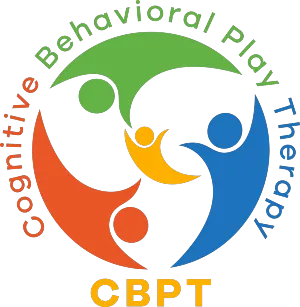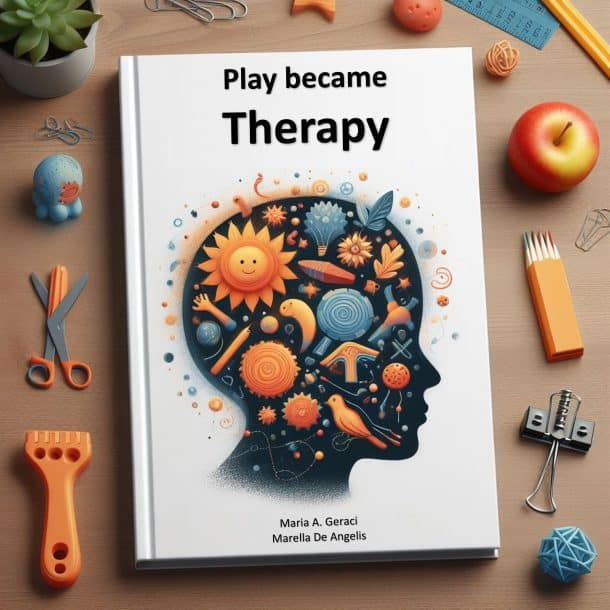RESEARCH AREA OF THE CBPT RESEARCH CENTER
MISSION OF THE RESEARCH AREA
Following the research on the method, the research center currently has several active research projects and collaborations aimed at producing scientific publications on the effectiveness of Cognitive Behavioral Play Therapy in children with various emotional-behavioral problems.
Cognitive Behavioral Play Therapy aims to integrate play with cognitive-behavioral therapy.
The center aims to continue the studies of Susan M. Knell (1993), founder of the method, who together with her colleagues have already amply demonstrated that cognitive-behavioral therapy can be transmitted to children through play (Knell, 1993a, 1994, 1997, 1998, 1999; Knell, Moore, 1990; Knell, Ruma, 1996, 2003; Knell, Dasari, 2006) in various fields of intervention. Specifically, in the last 20 years, several case studies have highlighted the effectiveness of the intervention in children diagnosed as selective mutism (Knell, 1993b), separation anxiety (Knell, 1999), anxiety disorders (Knell, 1999; Knell & Dasari, 2006), as well as children who have been sexually abused (Knell, & Ruma, 1996, 2003), with sleep problems (Knell, 2000) and who are experiencing parental divorce (Knell, 1993a).
GOALS
– Incorporate the scientific evidence collected with the theoretical ones, in order to provide a structured theoretical framework for the clinical use of CBPT in early childhood;
– Empirically validate its effectiveness in hospital and school settings (CBPI, Cognitive-Behavioral Play Intervention);
– Empirically validate its effectiveness on large and heterogeneous samples of children with emotional-behavioral problems;
– Empirically validate its effectiveness on various variables (such as levels of anxiety, depression, quality of life, emotional dysregulation, etc.);
– Create and validate assessment tools in line with the theoretical model and methods of CBPT.
PARTNERSHIP
The CBPT Research Center implements research projects in collaboration with important scientific realities of the national and international psychological sector.



